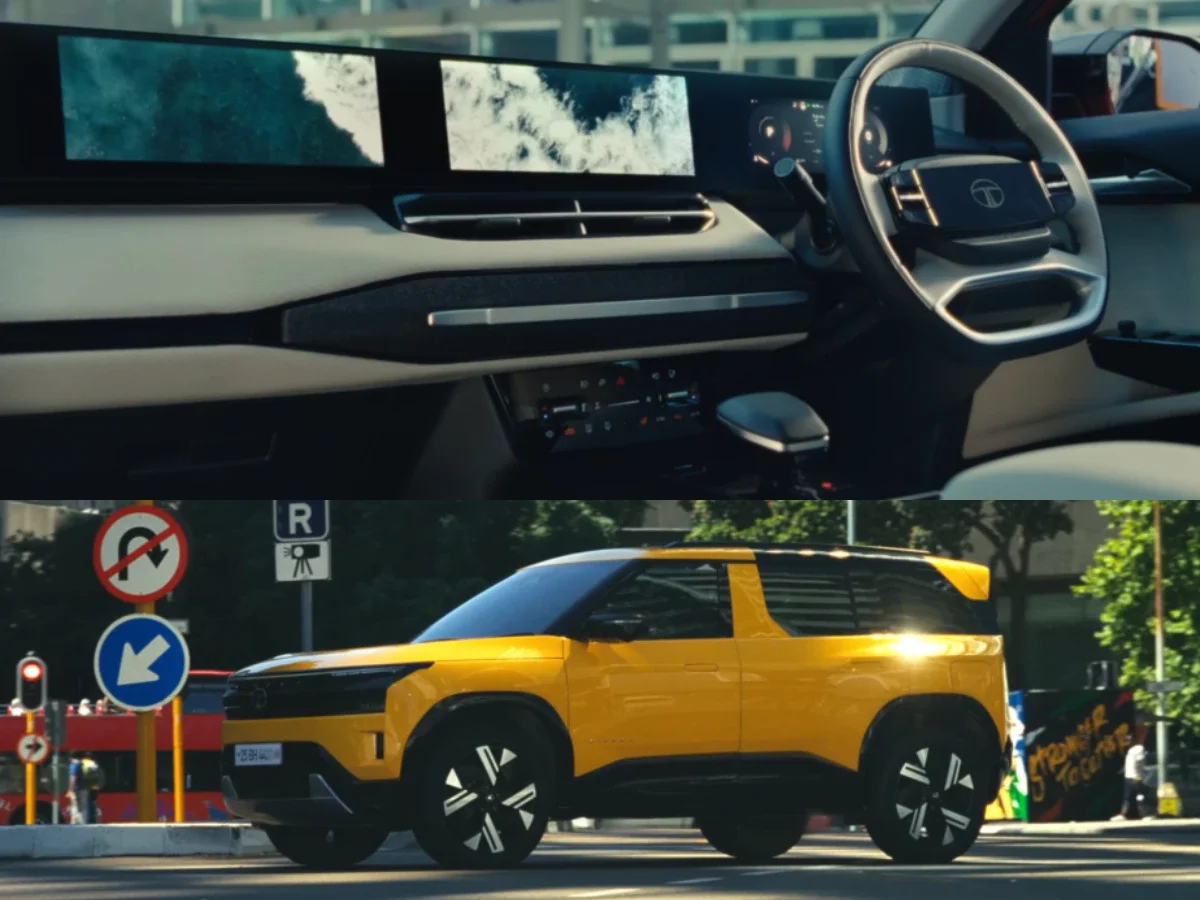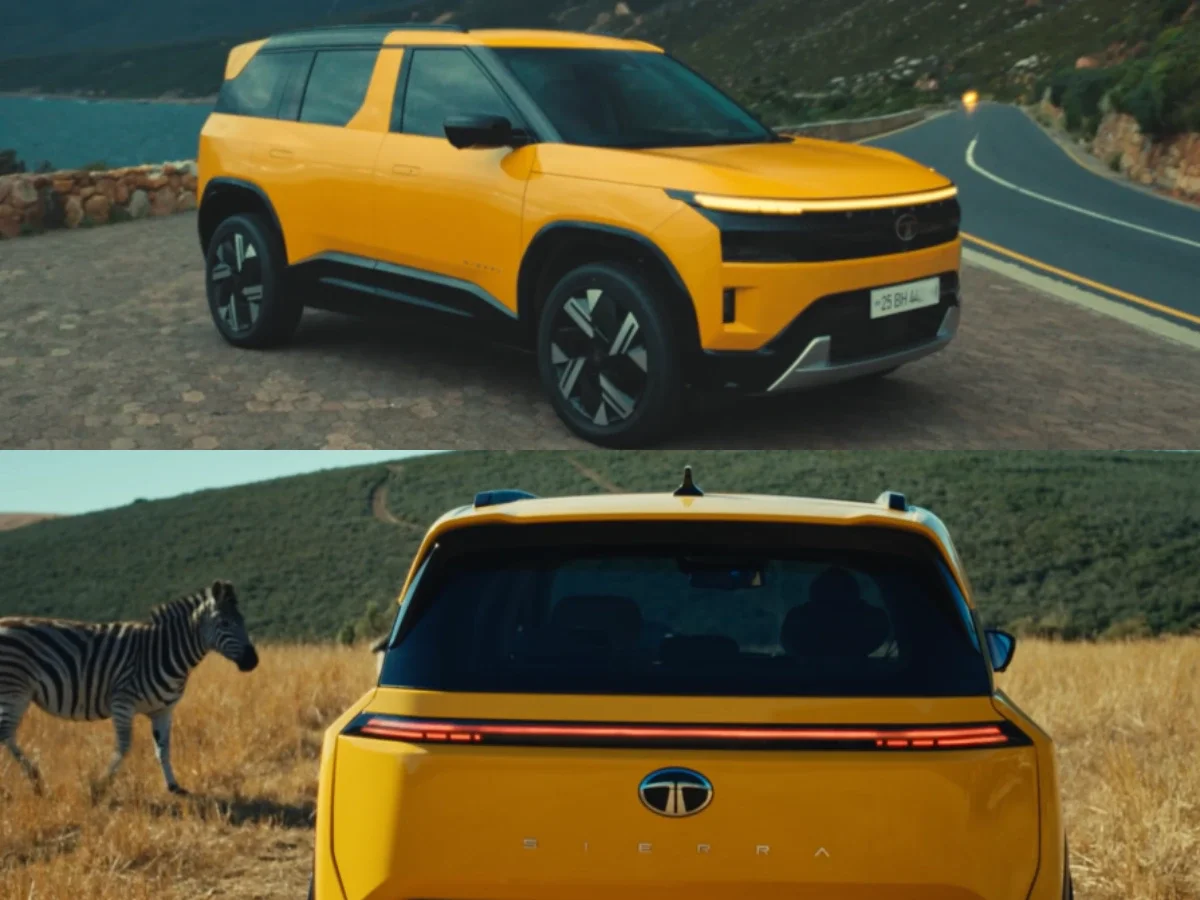

2024 Hyundai Alcazar facelift – Why it sticks to a smaller diesel engine
- 1Currently gets a 1.5-litre diesel engine with 6MT/6AT
- 2Sits on Hyundai’s K2 platform, which it also shares with Creta, i20 and Venue
- 3Competitors offer bigger and more powerful diesel engines
Hyundai India launched the facelifted Alcazar earlier today, with the same set of powertrain options as seen on the outgoing model. The new Hyundai Alcazar too gets a 1.5-litre turbo-petrol engine producing 160PS of power and 253Nm of peak torque, and a 1.5-litre turbo-diesel producing 116PS of power and 250Nm of torque. As you can make out, the updated Hyundai Alcazar does not get a bigger diesel engine. In this article, we explain why the Alcazar facelift continues with the 1.5-litre diesel engine while its rivals offer bigger units.
No 2.0-litre diesel engine for the Alcazar
The current generation of the Hyundai Alcazar is underpinned by the K2 platform, which has been jointly developed by Hyundai and Kia as part of the K-series range of platforms for B-segment and C-segment cars. The Alcazar also shares the same platform with popular cars like the Kia Seltos and Hyundai Creta. As clarified by a Hyundai Motor India Limited spokesperson, the K2 platform is not compatible with Hyundai’s bigger 2.0-litre diesel engine. Cars that get a bigger diesel engine like the Hyundai Tucson sit on the N3 platform.
Although Alcazar used to get a 2.0-litre petrol engine in the past, the petrol engine was a naturally aspirated unit with a compact size. On the other hand, turbocharged engines require additional components that increase the overall engine size. Moreover, some cars built on the K2 platform do get a bigger diesel engine in some countries, but that too is a 1.6-litre unit; not bigger than that.

Competitors’ diesel engines
Hyundai Alcazar’s key competitors like the Mahindra XUV700 and Tata Safari get bigger diesel engines. The Tata Safari gets a 2.0-litre diesel engine that produces 170PS of power and 350Nm of peak torque. The Mahindra XUV700 gets an even bigger 2.2-litre diesel unit that produces 155PS of power and 360Nm of torque in the lower state of tune, and 185PS of power along with 420Nm(MT)/450Nm(AT) of torque in the higher state of tune. Both these SUVs offer a significant bump in power and torque as compared to the Alcazar. The Hector Plus also gets a 2.0-litre unit that generates 170PS and 350Nm of torque.
Check This Out: No sub-4 metre SUV coming from Volkswagen anytime soon?
Hyundai Alcazar diesel mileage
While the Hyundai Alcazar diesel variants do not perform the best in terms of performance, the 1.5-litre unit is quite efficient, delivering a real-life mileage of around 15-16 kmpl in the city and 17-18 kmpl on highways. And no matter how fond of power we are, fuel efficiency does matter at the end of the day. This is solidified by the fact that more than half of Alcazar’s customers opt for the diesel variants over the petrol ones. In conclusion, we will not see a bigger diesel engine on the Hyundai Alcazar unless it gets a generational update with a change in its underpinnings.
To stay updated with all happenings and developments in the automotive world and be a part of interesting auto discussions and more, join CLUTCH, the official automotive community of CARS24 New Cars. Click here to join.





















